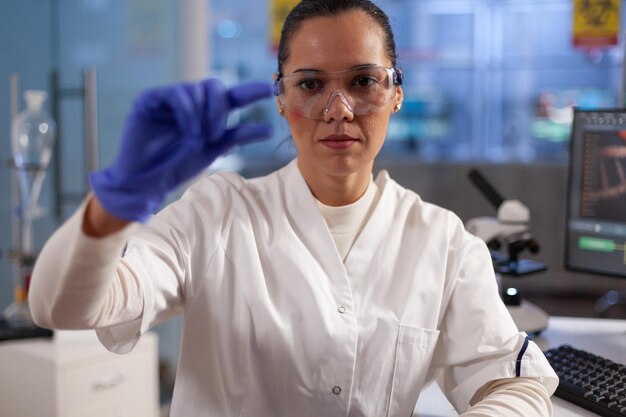How to Become a Cytotechnologist: Required Degrees, Certifications, and Licenses
Embarking on a career as a cytotechnologist opens doors to a field of vital healthcare diagnostics, where experts analyze cells to detect cancer and other diseases. To pursue this rewarding path, specific educational steps and certifications are paramount. Initially, aspiring cytotechnologists should secure a Bachelor's degree in cytotechnology or a life science-related field, such as biology or microbiology. Several accredited cytotechnology programs provide comprehensive training in cytopathology, ensuring students gain both theoretical knowledge and practical laboratory skills.
Beyond a Bachelor's degree, certification is a key milestone in becoming a recognized professional in the field. The American Society for Clinical Pathology (ASCP) offers a certification exam that, once passed, designates individuals as certified cytotechnologists (CT(ASCP)). This certification, often required by employers, affirms one's competence and commitment to maintaining high standards. Continuing education is also crucial, as it keeps cytotechnologists updated with the latest advancements and techniques in the ever-evolving landscape of cellular diagnostics.
Pathways to a Career in Cytotechnology
- 🎓 Bachelor’s Degree: Required—major in Cytotechnology or related life sciences field
- 📜 Certification: CT(ASCP) from the American Society for Clinical Pathology
- 🔄 Continuing Education: Recommended for skill enhancement and staying up-to-date with industry advancements
